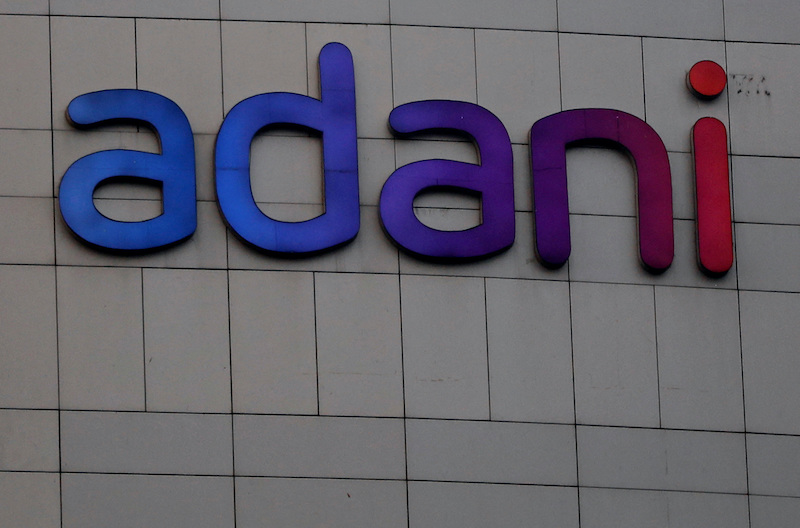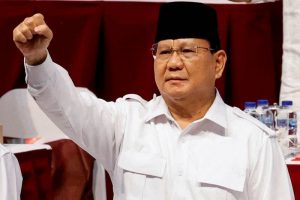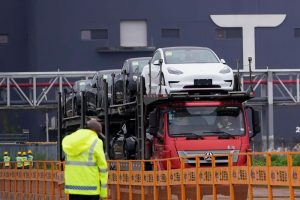The Adani group in India has stopped allowing vessels sanctioned by the European Union, the US and Britain at any of its ports.
Adani Ports and Logistics, which operates 14 ports, has issued multiple orders to block sanctioned tankers from berthing, according to sources who spoke to Reuters.
The move is linked to threats of tariff hikes by US President Donald Trump earlier this week and sanctions by European officials who met with their counterparts in Washington to discuss further moves to cut economic support – and scale up sanctions on the sale of Russian oil, because Moscow is refusing to stop its war in Ukraine.
ALSO SEE: China’s Independent Oil Refiners Face Tax Evasion Crackdown
Oil refineries in China are widely seen as being at greater risk of European sanctions, partly because India is still regarded as an ally by the West, but also because Brussels is negotiating a trade deal with New Delhi.
Relations between India and the United States also appear to be improving, with Trump and Modi both voicing hope this week that they can secure a deal on tariffs in coming months.
India has previously been the biggest buyer of seaborne Russian oil since the war in Ukraine started, but some of its major importers, such as Reliance Industries, appear to be considering scaling back imports of Russian crude.
That’s because it’s under increasing pressure from the White House to cut back, while European concern about the war in Ukraine has intensified since Russian drones were shot down over Poland two days ago. The EU has discussed a possible ban on products made from Russian crude.
‘Sanctioned vessels not accepted’
No immediate comment was available from Adani on Thursday, but Reuters said it had seen some of the orders issued by its ports unit.
“To safeguard the legal and commercial interests of the Port, we hereby emphasize that sanctioned vessels are not accepted,” it said.
India has been tightening surveillance of vessels and transactions involving Russian supplies.
Russian oil is mostly supplied via a shadow fleet of tankers after the US, EU and UK imposed a raft of sanctions targeting vessels, traders and companies, among others, to curb Moscow’s oil revenue, its economic lifeline.
The orders said that sanctioned vessels shall not be permitted entry, berthing or use of port services and facilities.
“At the time of nomination, the vessel’s agent shall be required to provide a written undertaking that the vessel is not subject to sanctions,” it said.
- Reuters with additional input and editing by Jim Pollard
ALSO SEE:
EC Looking at Sanctions on China Oil Refineries for Trade With Russia
Nepal PM Oli Ousted by ‘Gen Z’ Protests Over Corruption, Jobs
India Now Aiming To Finalise Trade Deal With US By November
Trump Will Ask Supreme Court to Allow Tariffs After Legal Setback
How Trump Lost The Plot On India
India’s Modi ‘Avoiding Trump’s Phone Calls’ As Tariffs Hit: Reports
Putin Seen Seeking More Help From Xi to Curb Russian Trade Fall
Trump’s 50% Tariffs on Indian Imports Hits Jobs, Bilateral Ties
India To Get China Rare Earths As Trump Tariffs Bring Rivals Close
Tax Reforms Boost Indian Markets Even As US ‘Calls Off’ Trade Talks
Trump’s Tariffs Spur Calls to Boycott American Goods in India
India Wants US Ties With Mutual Respect, Says Arms Deals Still On
Trump Ramps Criticism of India: ‘Backing ‘Russian War Machine’
























